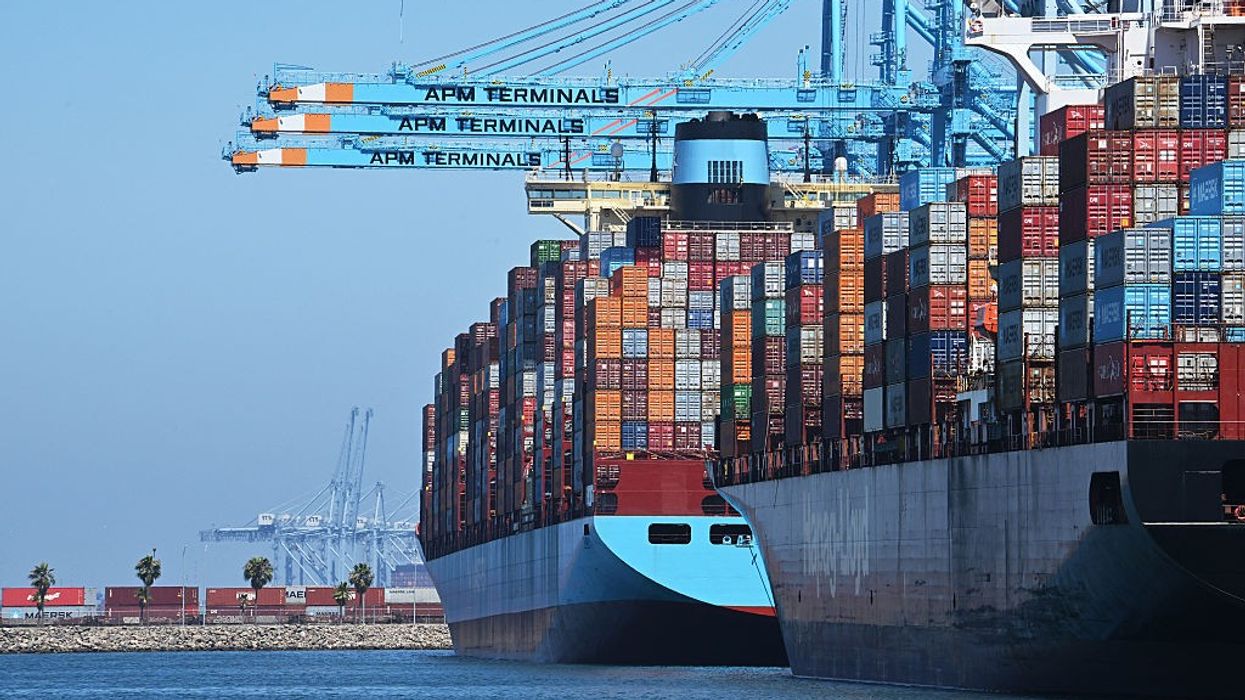Decimated by Tariffs, US Farmers Warn Trump Bailout Not Nearly Enough to Erase Pain He Caused
"The average soybean acre in the United States this year is going to lose $109 an acre, and that's well over two dollars a bushel," said one farmer. "It's bloody."
President Donald Trump has announced a $12 billion relief package for US farmers hurt by his global trade war, but there are already signs that it will be woefully insufficient.
The Guardian reported on Monday that many US farmers are concerned that the bailout offered by the Trump administration won't come close to making up for the damage done by Trump's tariffs over the last nine months.
The report cited data from the American Farm Bureau showing that US crop farmers have collectively lost $34.6 billion this year, a total that is nearly three times the size of Trump's farm aid proposal.
Dan Wright, president of the Arkansas Farm Bureau, told the Guardian that Trump's plan is both too little to make up for lost sales and too late to prevent many farms from going under.
"A program that provides roughly $50 an acre will not save the thousands of family farms that will go bankrupt before the end of the year," Wright explained.
The Guardian noted that farms in Arkansas are expected to be hit particularly hard by bankruptcies this year, although farmers across the US report being under duress.
Ohio Capital Journal reported last week on new data from the Atlantic Council’s Tariff Tracker showing that Ohio farmers lost $76 million worth of exports to China this year after the Chinese government cut off all US soy purchases in retaliation for Trump restarting his trade war.
A Monday report from the Times-Picayune quoted Louisiana Commissioner of Agriculture and Foresty Mike Strain saying recently that roughly half of Louisiana farmers "are facing significant challenges" in which they're dealing not only with lost sales to foreign nations, but also increased costs for supplies and equipment thanks to Trump's tariffs.
"The cost has gone up, but the price the farmers receive went down," Strain explained.
Kentucky farmer Caleb Ragland, chairman of the American Soybean Association, told Spectrum News 1 on Monday that soy farmers were bracing for major losses from their crops as they get hit from both sides by depressed soy prices and increased input costs.
"The average soybean acre in the United States this year is going to lose $109 an acre, and that's well over two dollars a bushel," Ragland explained. "It's bloody."
While China recently pledged to start buying more soy from US farmers, the country has been gradually increasing its reliance on Brazil and other countries so that it no longer has to deal with unpredictable US trade policies.
Andrew Muhammad, a professor of agricultural policy at the University of Tennessee, said in an interview with local public radio station WPLN that China's shift toward Latin American markets means it is no longer held hostage to Trump's whims, and it can now ensure a steady supply of soy regardless of the US president's tariff policies.


